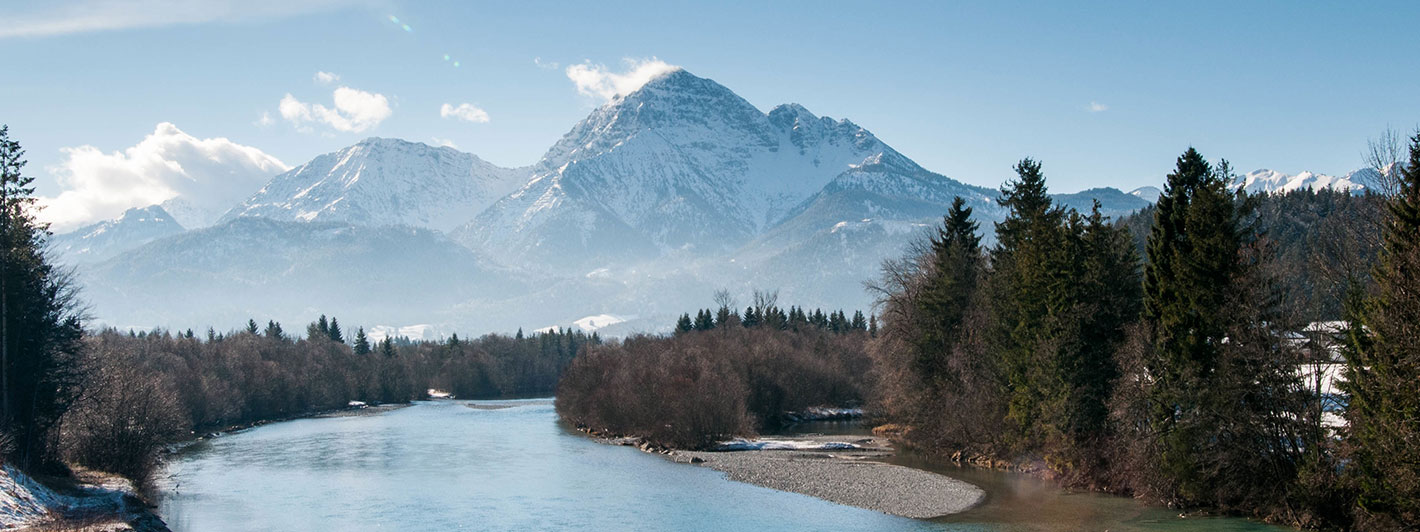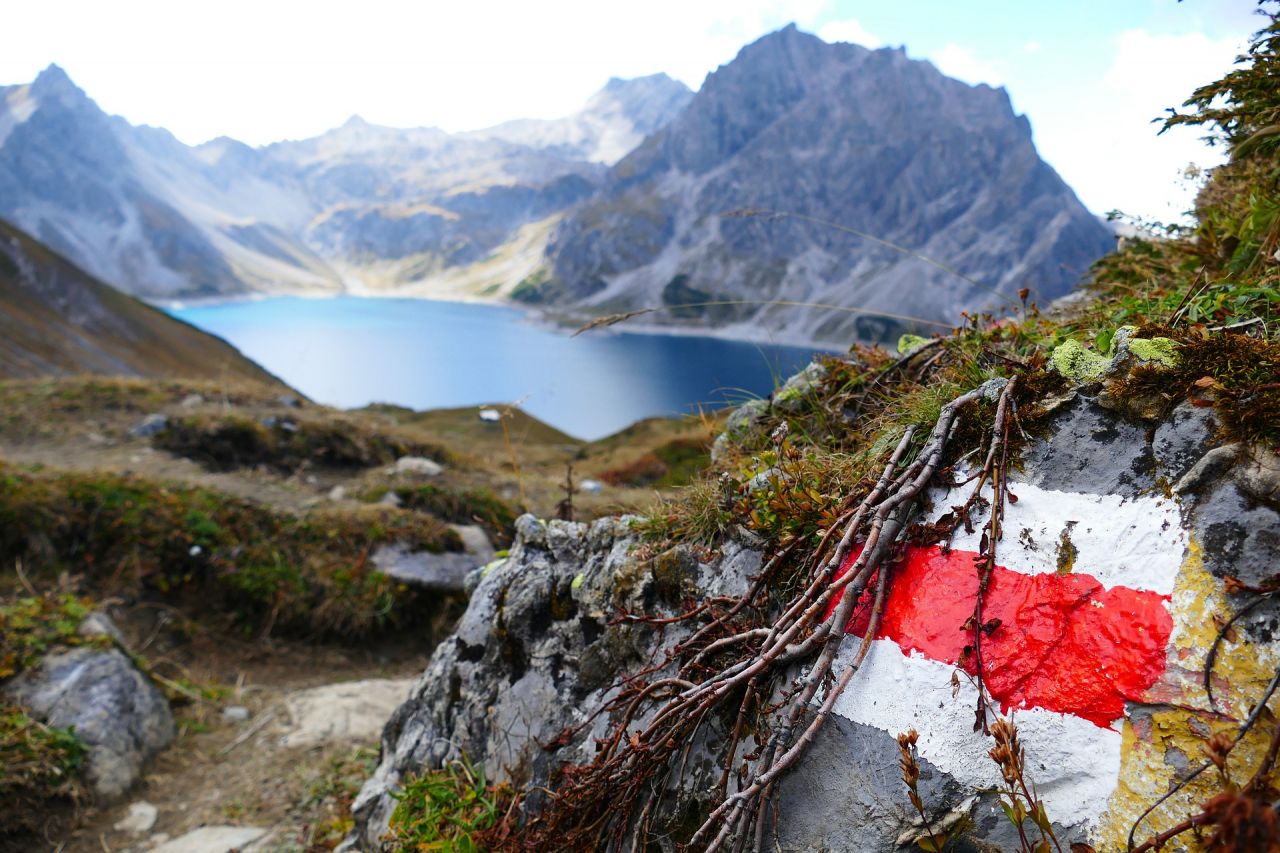Explore Citizen Science Projects
Welcome at Österreich forscht!
Here you can find everything about Citizen Science in Austria. In the future, it should be just as normal to work in a citizen science project as to be a member of an association, e. g. the voluntary fire brigade or a music ensemble. We want people to see science no longer as an elite programme, but as a process that affects all our lives, a process which is an important part of society and is worth understanding. However, the fun and enjoyment of research should not be neglected. We do not understand citizen science as an infotainment concept, but as a collaborative process through which new insights can be gained.
PATIO - Patient Involvement in Oncology
- language
- health
Be an expert on your disease and join our research! The PATIO initiative is working hard to strengthen the voices of prostate cancer patients and their caregivers heard in medical research. Why is it important to act now? Porstate cancer affects a considerable number of people in Austria. On the one…
ABOL-BioBlitzes
- animals
The lack of sustainability in human activity is leading to the global destabilisation of our natural systems. The resulting biodiversity and climate crises require a transformation to an environmentally sustainable society. However, the expertise in the field of taxonomy required for this transformation is often only shared by a few…
Ural owl
- animals
Ural owl resettlement The resettlement of the Ural owl is led by a team of researchers headed by ornithologist Richard Zink at the Austrian Ornithological Centre at "Vetmeduni" Vienna. The goal is the "Come Back" of the big owl into the forests of Austria. A new occurrence in the alps…
Cave documentation
- geology
Karst and cave documentation The Working Group on Karst and Caves (KHA) of the Natural History Museum Vienna cooperates closely with the Speleologic Society in Vienna and Lower Austria, but also with other groups of the Austrian Speleological Association (VÖH). The KHA is primarily active in the eastern part of…
Since April 2021, the University of Vienna has been working on the project BaF - Biodiversity in Cemeteries in cooperation with Friedhöfe Wien GmbH (Vienna cemeteries). The aim is to document biodiversity (the occurrence of a wide variety of animals, plants and fungal species) and to investigate the active and…
City-Zen Boden
- plants
- food
“Healthy Soil" research platform for Viennese community gardens As a follow-up project to "Heavy Metal City-Zen", we are once again inviting Viennese community gardens, garden projects or similar garden initiatives to take part in this project and conduct research together with us. The aim of this project is to scientifically…
KoKo-Health
- health
Giving a voice to children and adolescents: Co-research with children and adolescents in developing a model of health literacy Background Health literacy is crucial for promoting health and well-being It encompasses finding, understanding, evaluating, and applying health information and services to make informed decisions for maintaining or improving health and…
HealthFerm
- health
- food
The sourdough microbiome Attention sourdough bakers and fermentation enthusiasts - HealthFerm is researching plant-based and fermented foods you eat and raise in your home! Fermented foods are present both in our daily diet and in various food cultures: from sourdough bread to beer, wine, pickles, sauerkraut, miso, kombucha, and much…
Frog in a drop of water
- animals
- fungi
- land use
- water
State-of-the-art DNA technology and citizen science - "Frog in a drop of water" unleashes new prospects for amphibian research For the first time in Austria, amphibian screening using the detection of their DNA traces in water is being carried out - and everyone can take part. Amphibians (frogs, toads, salamanders…
AmphiBiom
- animals
- land use
- water
The AmphiBiom project is focused on the study of the European green toad in Austria. With the support of Citizen Scientists, we investigate the distribution of this endangered amphibian species, which, as a typical pioneer species, can quickly colonize newly emerging water bodies. Therefore, the European green toad is an…
COwLEARNING
- food
- animals
- land use
Breaking the blame game: COwLEARNING for sustainable beef and dairy supply Our society faces grand challenges, such as mitigating climate change and adapting to its consequences, ensuring a healthy diet and maintaining cultural landscapes with high biodiversity. A sustainable agri-food industry addresses these challenges. In Austria, with its high share…
Golden jackal
- animals
The golden jackal (Canis aureus) was not considered native in Austria, until the first golden jackal discovery was made in 1987, followed by sporadic records scattered over several federal states and in 2007 the first reproduction record was documented in the National Park "Neusiedler See-Seewinkel". Since then, rumours about camera…





